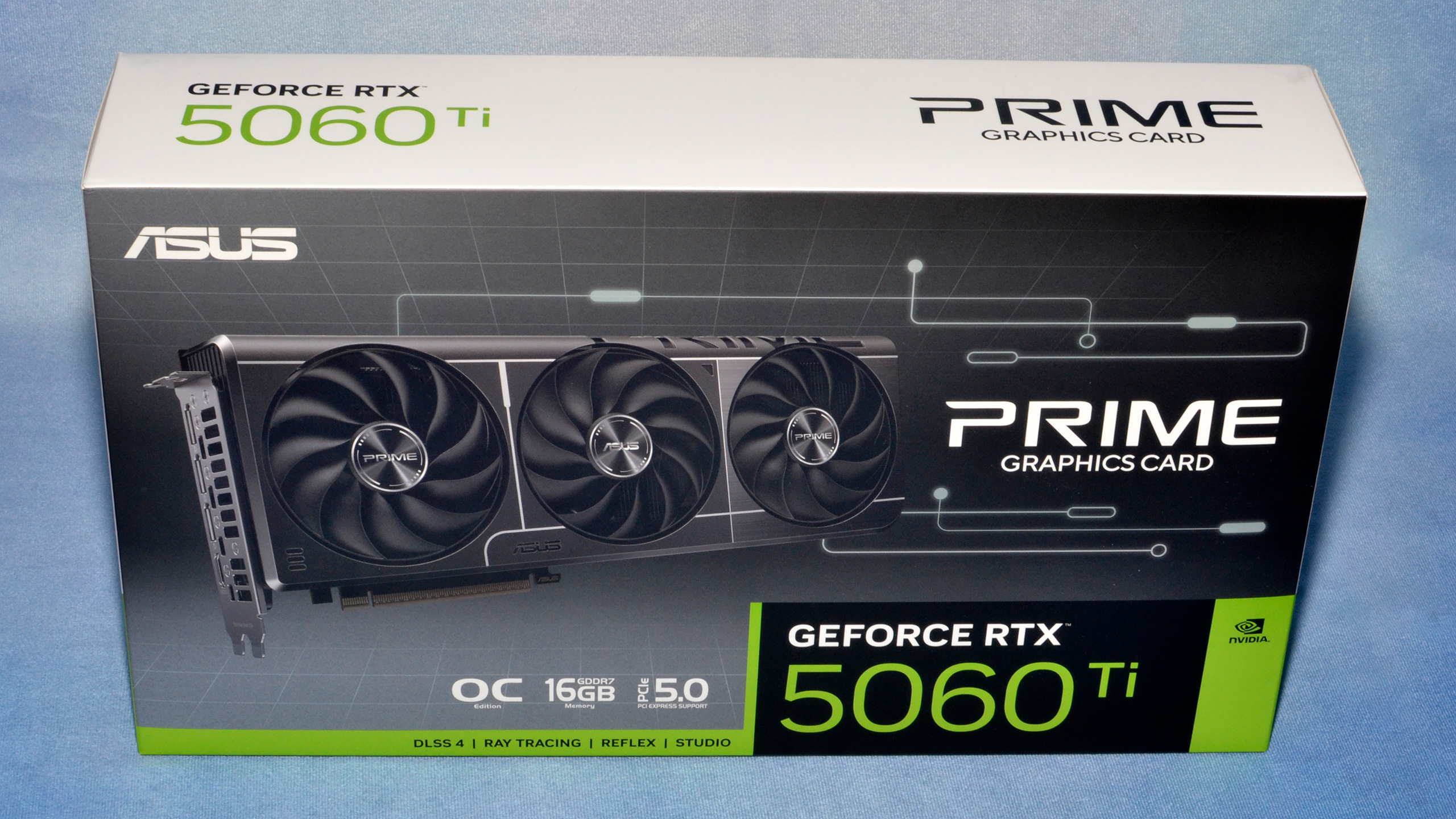
Despite launching just a week ago, Nvidia's RTX 5060 Ti 8GB struggles in numerous games. In-depth testing by Australian reviewer Hardware Unboxed reveals a stark difference between the RTX 5060 Ti 8GB and its 16GB sibling. Despite sharing the same "RTX 5060 Ti" moniker, unsuspecting customers drawn by the $50 savings could snap up the 8GB model, unaware of its limitations. Testing shows a significant performance drop-off, frame time stutters, texture pop-in issues, and in some cases game crashes.
Nvidia opted to not send any reviewers the 8GB cards, so Hardware Unboxed bought a unit for independent testing. Considering many RTX 5060 Ti owners won't upgrade for several years, 8GB will become increasingly restrictive, and there's only so much upscaling and frame generation can do.
Both RTX 5060 Ti models use the GB206 die with 4,608 CUDA cores and a 128-bit interface. The RTX 5070 vs RTX 5060 Ti 16GB may favor the latter in memory capacity, but our testing and current street prices show the RTX 5070 wins that matchup. Despite the lackluster gen-on-gen improvements, the RTX 5060 Ti is still no slouch, landing within 10% of the RTX 4070.
As decent as the 16GB model might be, it's almost a no-brainer that slapping a limited 8GB frame-buffer would gimp the RTX 5060 Ti heavily. That's a memo Nvidia seemingly didn't get — or filed in the trash can while talking up neural rendering.
In The Last of Us Part Two, at 1080p native with the Very High preset, the RTX 5060 Ti 16GB delivers 109 FPS, while the 8GB model limps behind at 67 FPS. Indiana Jones and the Great Circle crashed on the RTX 5060 Ti 8GB at 1080p Ultra — a common problem with the game. Following the pattern of its 8GB Ada Lovelace brethren, the RTX 5060 Ti 8GB's texture pop-in issues persist in Hogwarts Legacy, and those issues extend to Space Marine 2.
Moving over to 4K, the RTX 5060 Ti 16GB delivered smooth-sailing in Horizon Forbidden West, running at 70 FPS using DLSS Performance mode and Very High settings. Here, the RTX 5060 Ti 8GB's limitations are evident again, as it struggles to maintain even a cinematic experience (~15 FPS) at the same settings. Even though the underlying GPU has enough horsepower, the limited framebuffer can seriously compromise an otherwise smooth 4K or even 1440p experience.
As we noted in our own 5060 Ti 16GB review, the potential $50 in savings comes with some hidden fees. You need to be very aware of where its limits lie, and for the cost of one major game release, opting for the 16GB card represents a much better choice.
At $379, this GPU might be fine for esports, but there are a lot of compromises. An 8GB card won't hold its position well over time, and you'll get stuck with the nagging worry of missing out. Even 1080p games at max settings can exceed 8GB, and 1440p/4K — with DLSS upscaling and framegen — can be even more demanding. 12GB represents the bare minimum we'd recommend for most gaming GPUs that cost $400 or more. Technically the 5060 Ti 8GB card is supposed to come in below that mark, though retail availability in the U.S. at least has been very poor.
Follow Tom's Hardware on Google News to get our up-to-date news, analysis, and reviews in your feeds. Make sure to click the Follow button.







